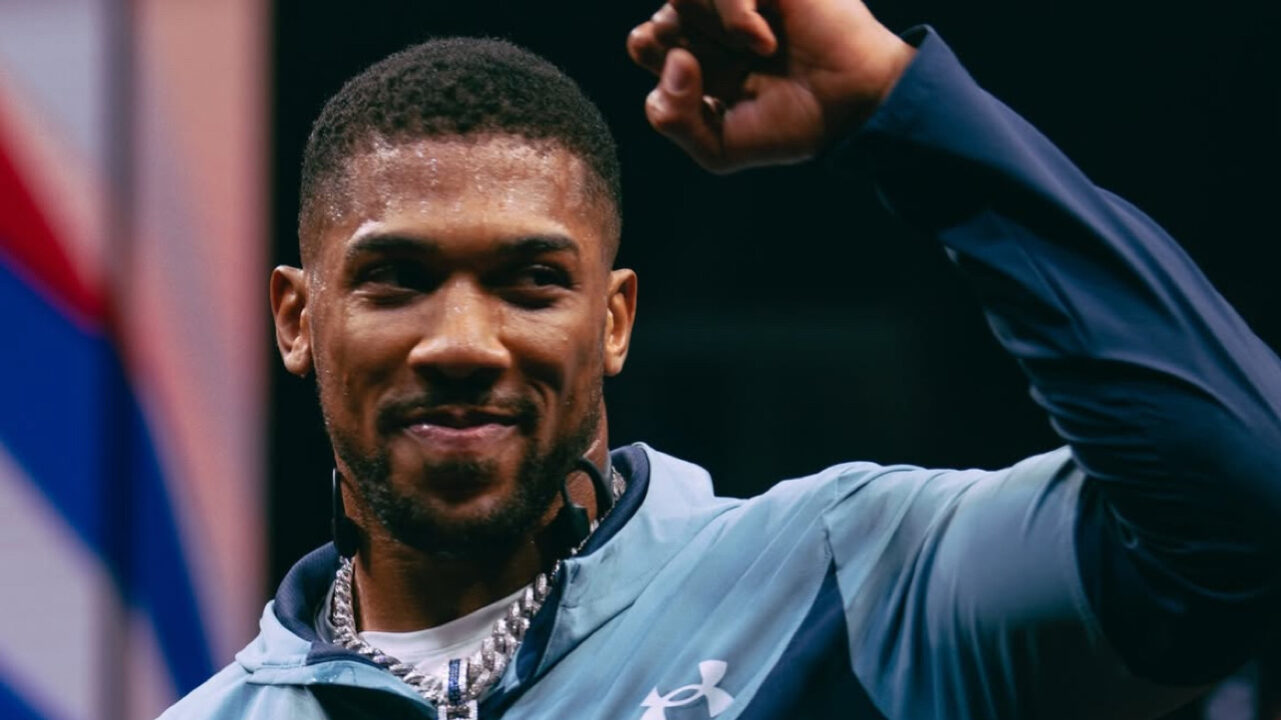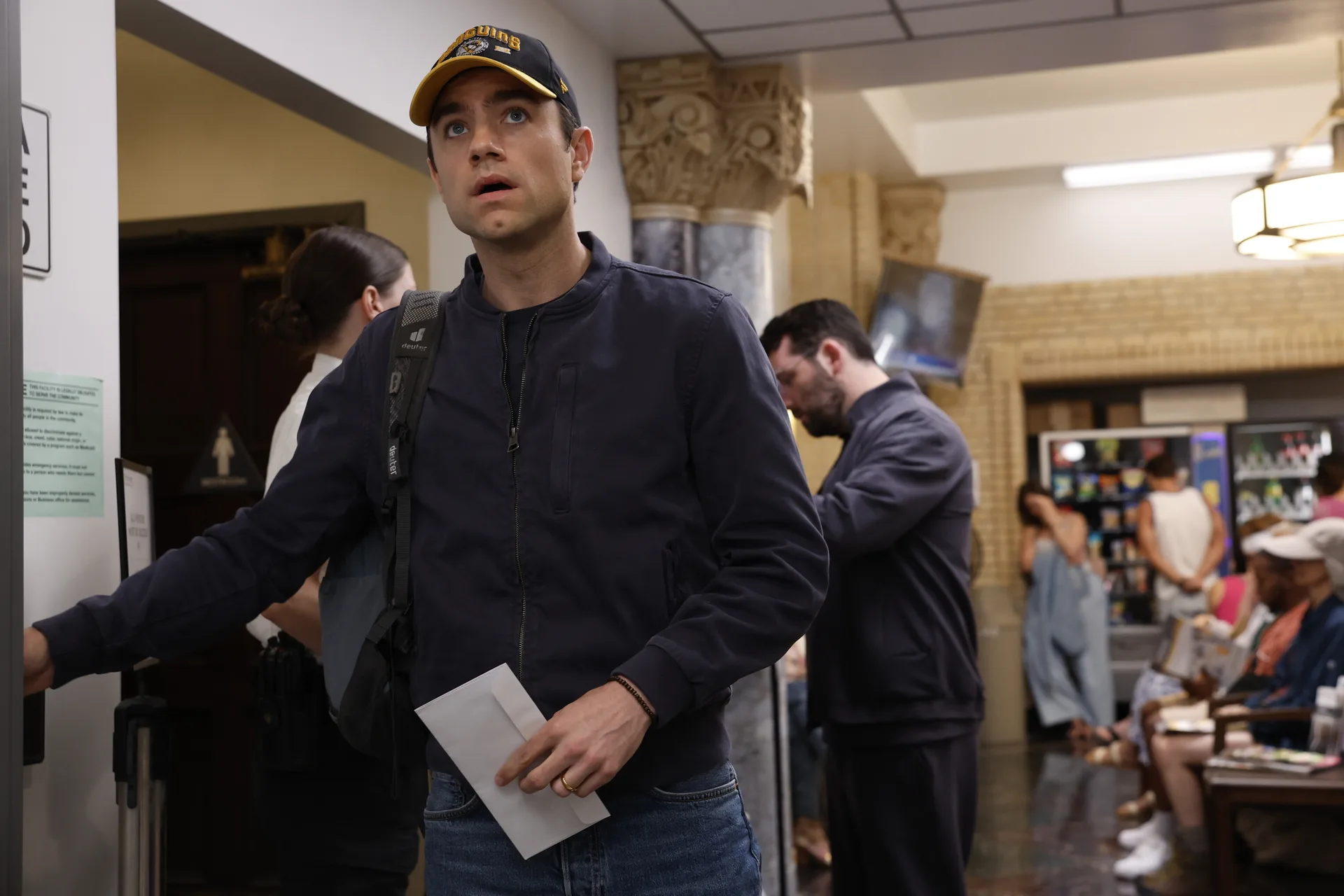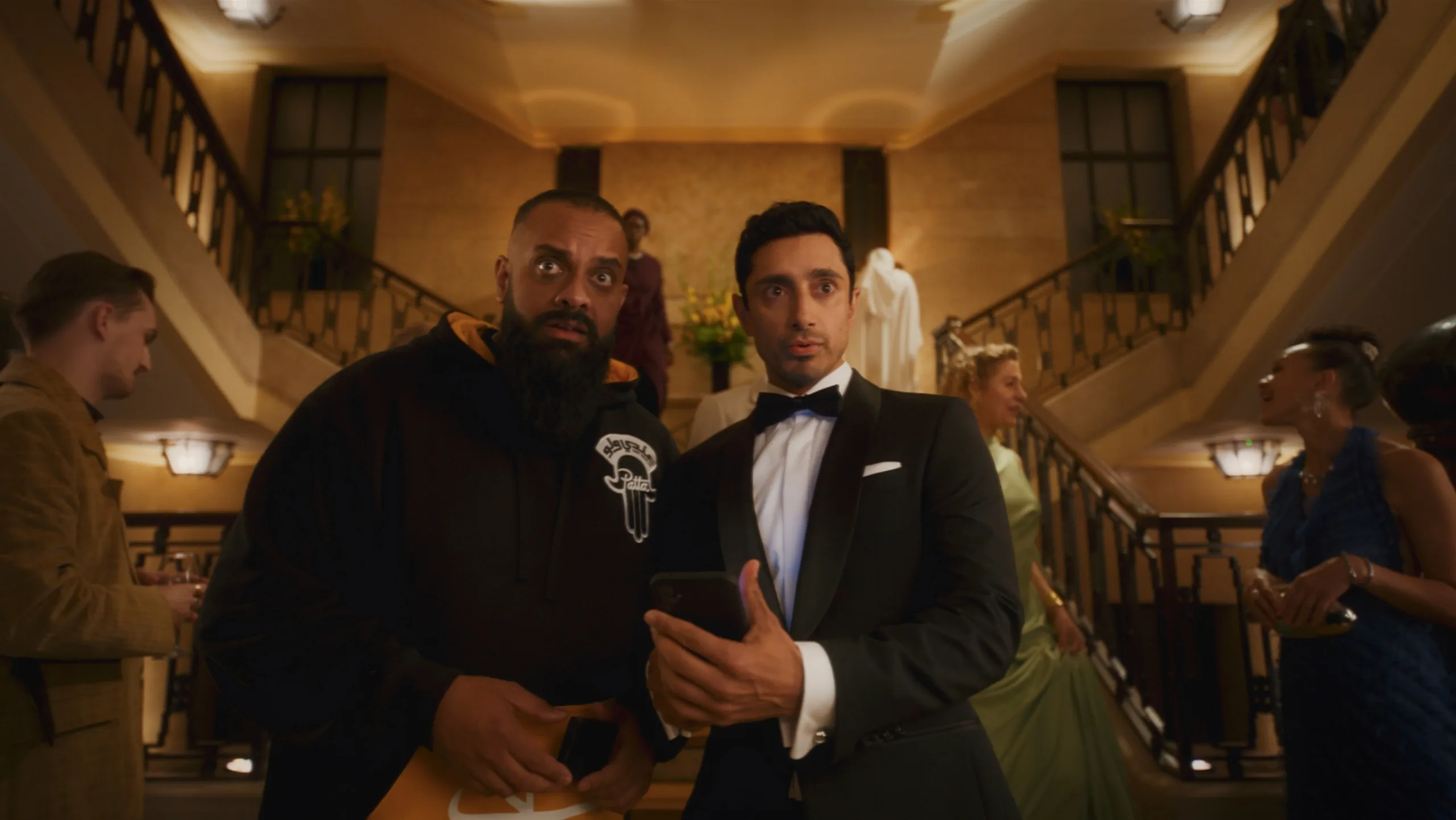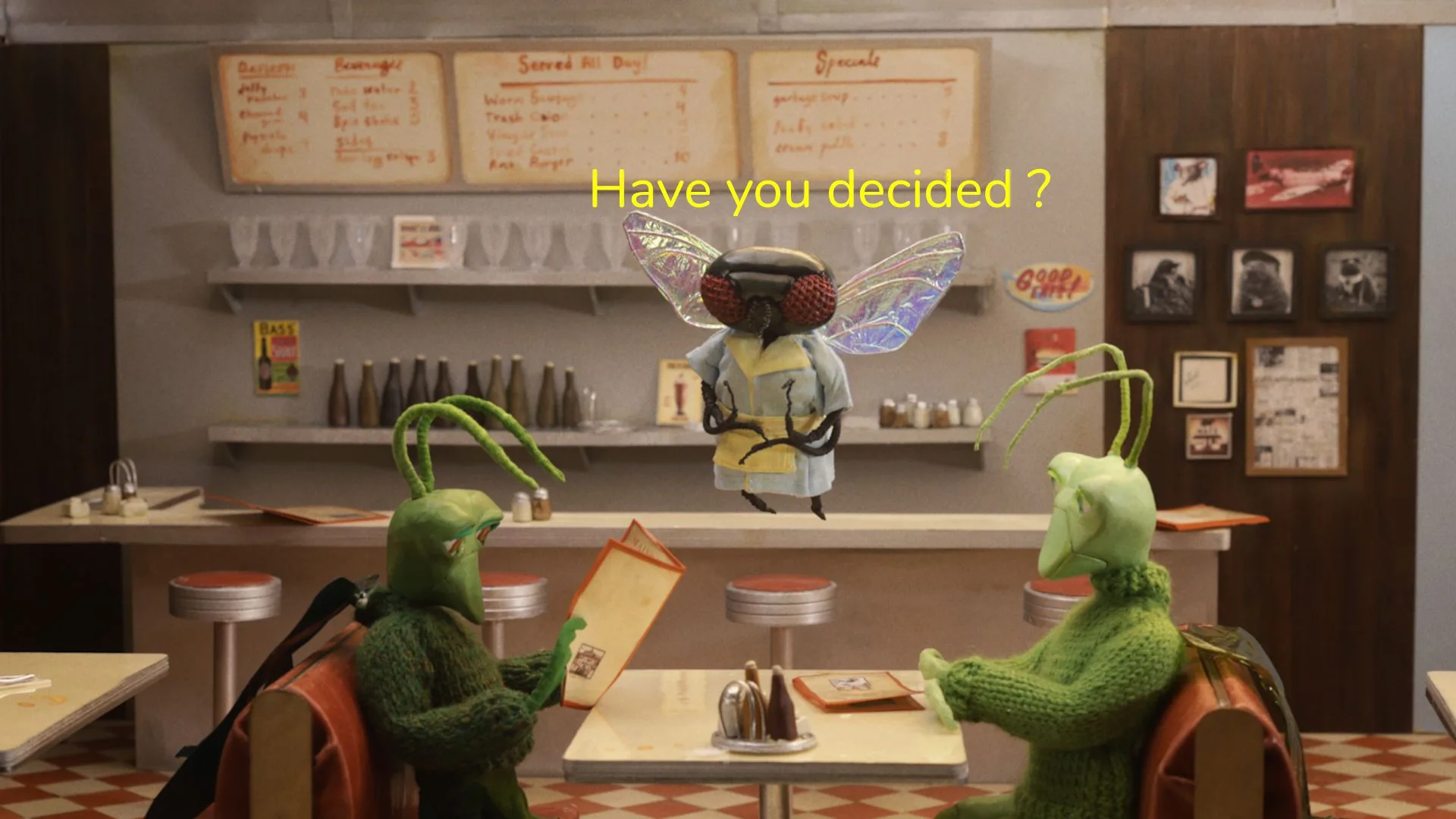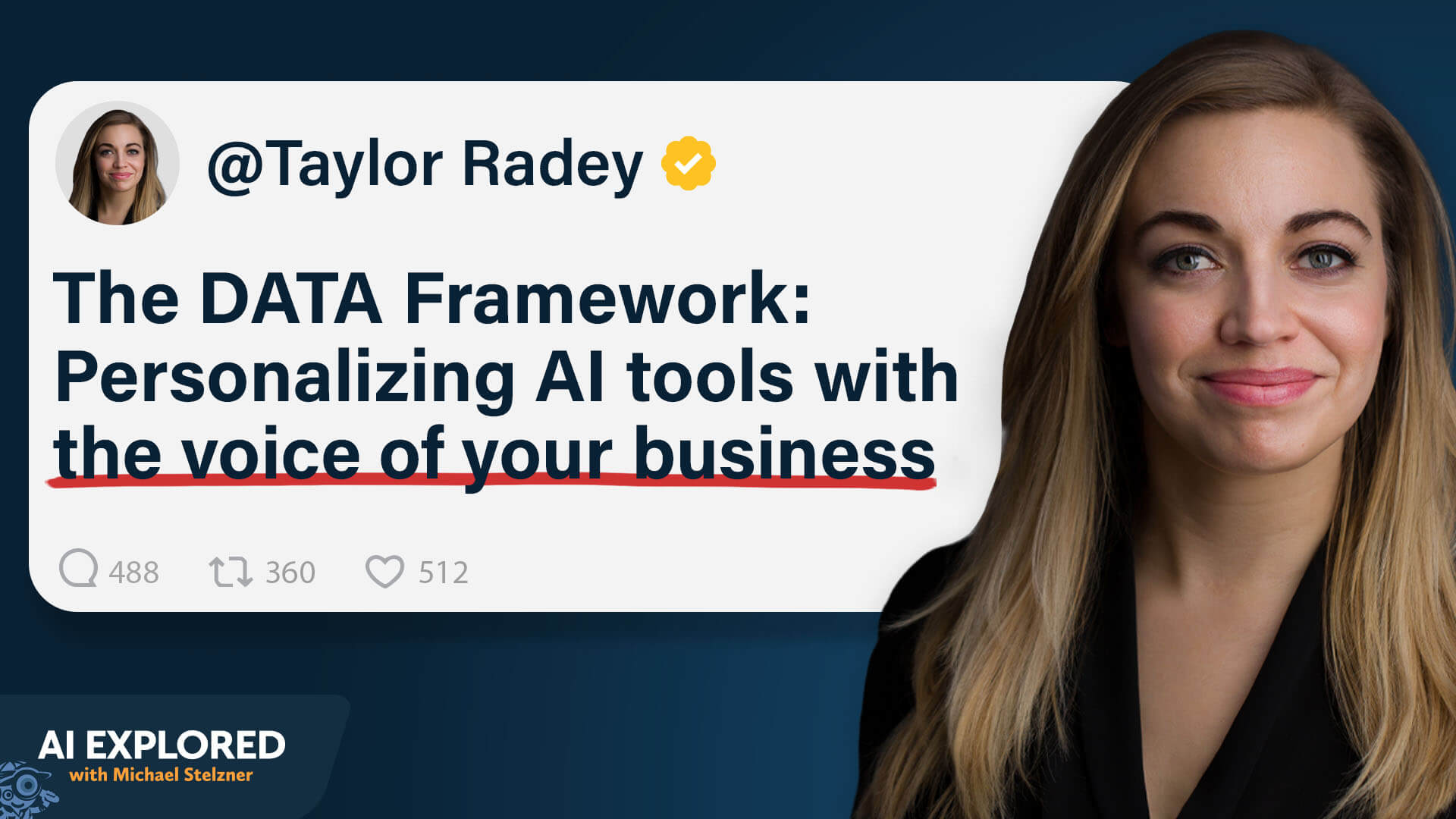[ad_1]
When a youth sports organization faced a participation crisis, its one-person marketing department deployed martech to create a campaign raising awareness with key audience segments.
Who: NC Fusion is a nonprofit youth sports organization operating in the Greensboro–Winston-Salem–High Point (“Triad”) region of North Carolina. Its origins are in soccer, but it now runs field hockey and lacrosse programs as well.
“We believe we can create intentional sports experiences that can change people for life,” said Chris Barnhart, NC Fusion’s marketing director/department. “Any child or youth player who plays a team sport gets huge life lessons in everything from how to work together to working with people with different backgrounds than you toward a common goal. All those things we need in life. How to win, but also how to lose and how to have fun.”

What: Nationwide research has found that by age 14, girls drop out of sports at two times the rate of boys. The pandemic exacerbated the problem, with more 12th-grade girls dropping out of sports than any other group. NC Fusion needed to know if this was happening to them.
“Of course, we said, ‘Not us. No, we’re running a great program,’” said Barnhart. “But no one was satisfied with just opinion. So I started collecting all the data from all of our different sources. Using Microsoft Power BI, I accessed all those different data sources and brought them into one place.”
Data: Barnhart first looked at the age and number of female players, compared them with the same for boys and how they changed over time.
“What we found is that at the age of 13, exactly on the national average, we start losing some girls and by the age of 17 we’ve lost half the girls,” he said. “That’s twice the national rate. You’re always gonna lose players, but losing them at that rate was not acceptable.”

For the organization, the decline struck at something much more important than how many people were using its services. While its goal is to create transformative sports experiences for all youth, those experiences are particularly important for girls and young women.
According to The Women Sports Foundation:
- High school girls who play sports are less likely to be involved in an unintended pregnancy; more likely to get better grades in school and more likely to graduate than girls who do not play sports.
- Girls and women who play sports have higher levels of confidence and self-esteem and lower levels of depression.
- Girls and women who play sports have a more positive body image and experience higher states of psychological well-being than girls and women who do not play sports.
And the impact lasts — 94% of female C-suite executives played sports when they were younger, 52% at the university level.
The tech: Barnhart came to NC Fusion seven years ago after a long career in health care. His children had gone through the program and the job appealed to him on many levels. When he got there the state of the technology was…interesting.
“What you have to understand about youth clubs is they were started by volunteers and run by volunteer coaches in the beginning,” he said. “So, when youth clubs build up, they still have that kind of volunteer, ‘Let’s piece things together’ kind of mentality. Let’s keep it on the cheap and, it’s just how it works.”
Dig deeper: U.S. Soccer uses customer data platform to make marketing automation personal
He did a quick assessment and realized he had to get everyone on one platform. He chose Microsoft, got everyone on Outlook and immediately started Teams. “That was the year before COVID, so we were perfectly positioned [when it hit],” he said.
With that done, he had to figure out how to get all the organization’s data in one place. This involved information from external websites, registrations, player sheets, player reviews and more. Using data scraps and APIs, he was finally able to get all of it into Microsoft’s Azure Data Lake.
Audience research: NC Fusion’s first thought was that girls were leaving soccer for other sports. So they added lacrosse and field hockey. It quickly became clear that this wasn’t the solution. Then they started talking to former players.
“They were open with us and said, ‘It just didn’t feel right for me,’” Barnhart said. The reasons for that ranged from not feeling good enough to their friends dropping out. “It made us a little angry that we weren’t doing what we needed to, to make them feel like this is a home for them.”
The opportunity: Last year the NC Fusion executive team realized the upcoming Women’s World Cup was perfect for getting their message out. To that end, they’ve begun producing a series of two-minute videos where an older, accomplished woman wrote a letter to their younger selves about why sports helped them.
“We started by asking our own NC Fusion staff, which happens to have more females than men,” he said. “Sarah Bridges, our CXO, ‘Absolutely, I feel passionate about this. I don’t mind talking on camera. I’ll be your first one out the gate.’”
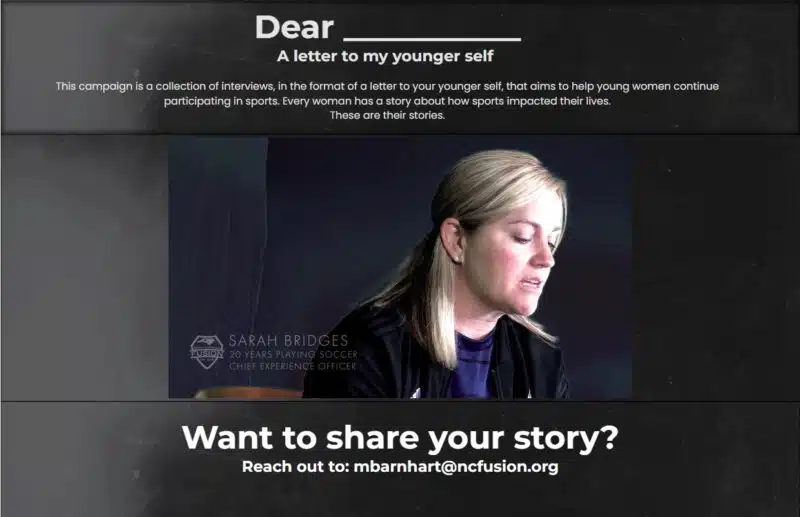
The first video was released two weeks ago. Next up is an athletic trainer and beyond that will be some of the staff who come from other countries. Barnhart is also looking for women with careers that aren’t related to sports.
“One thing youth soccer does poorly in the United States is they all have their path-to-pro pyramids,” said Barnhart. “A lot of people look at that and say, ‘I’m not turning pro. Why am I doing this?’ So, what we’re pushing for now is that professional doesn’t mean necessarily soccer. Path-to-pro could be you become a doctor or a small business owner. We’re trying to take our pyramid and not make it such a tight point on the top, but make it actually wider. That allows people to say yes, this is how you make it to professional levels.”
The campaign: NC Fusion is running 15-second teaser ads locally during the World Cup on broadcast and cable. It says that girls are dropping out and why. It has a QR code that brings people to a landing page with the full video. They’re also using Microsoft Marketing to run an email campaign aimed at 30,000 parents saying this is why you should be interested in this. For both ethical and legal reasons, they are only targeting parents. Thanks to data sets they have access to, they are able to target parents who have female players between the age of 12 and 15.
“We can send a targeted message to those folks saying, ‘Your daughter is playing our sports, we know that, but these are things that we want you to keep in mind,’” he said. Barnhart limits the personalization of the emails to only using the family name.
“Something we’re dealing with now with this Microsoft [AI-powered] Co-Pilot technology is having to sit down and say, ‘How far are we gonna push this? What are we willing to do and not do?’” he said. “with social media, we no longer push anything to certain channels. Because a majority of our children are under the age of 15 and we don’t want them on social media all the day long. So we’re not pushing them to watch a skills video on youtube because we know once they watch that they’re gonna be on it for the next three hours like all of us do.”
The channels he does use are Facebook and Instagram, which appeals to an older demographic. They’ve moved all their videos from YouTube to Vimeo because it gives them control over what if any, other videos get suggested.
The emails are on a journey created in Microsoft that lets them target the responses. “We look at who responded, who opened it, who didn’t open it,” Barnhart said. “We retarget the people that didn’t open it after several weeks with the follow-up and we just kind of work our way down. But then when the new video comes out, we send out a refresher email and follow that same journey of trends of opening, not opening, engaging, not engaging.”
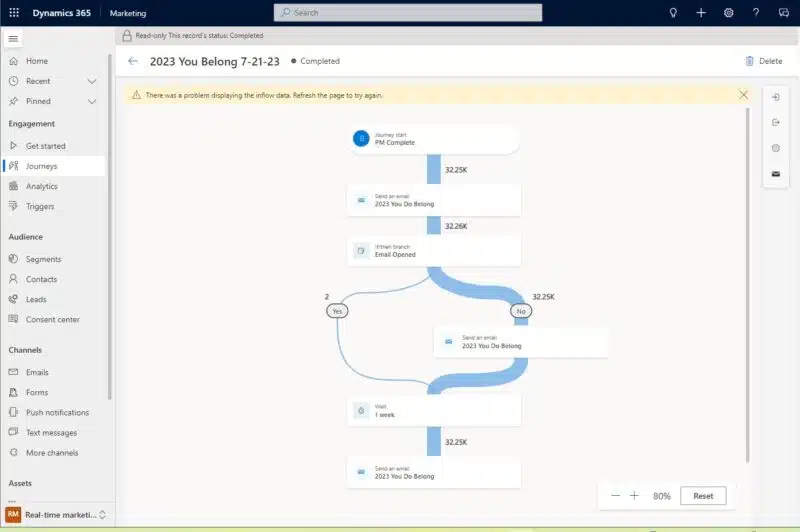
The response: After a week they’ve had more than 900 people watch the video. They’re tracking how far into the video people go “and overall, we have 67% complete the total video, which is pretty good for us.”
That’s really, really good for anyone.
Get MarTech! Daily. Free. In your inbox.
[ad_2]
Original Source Link




























